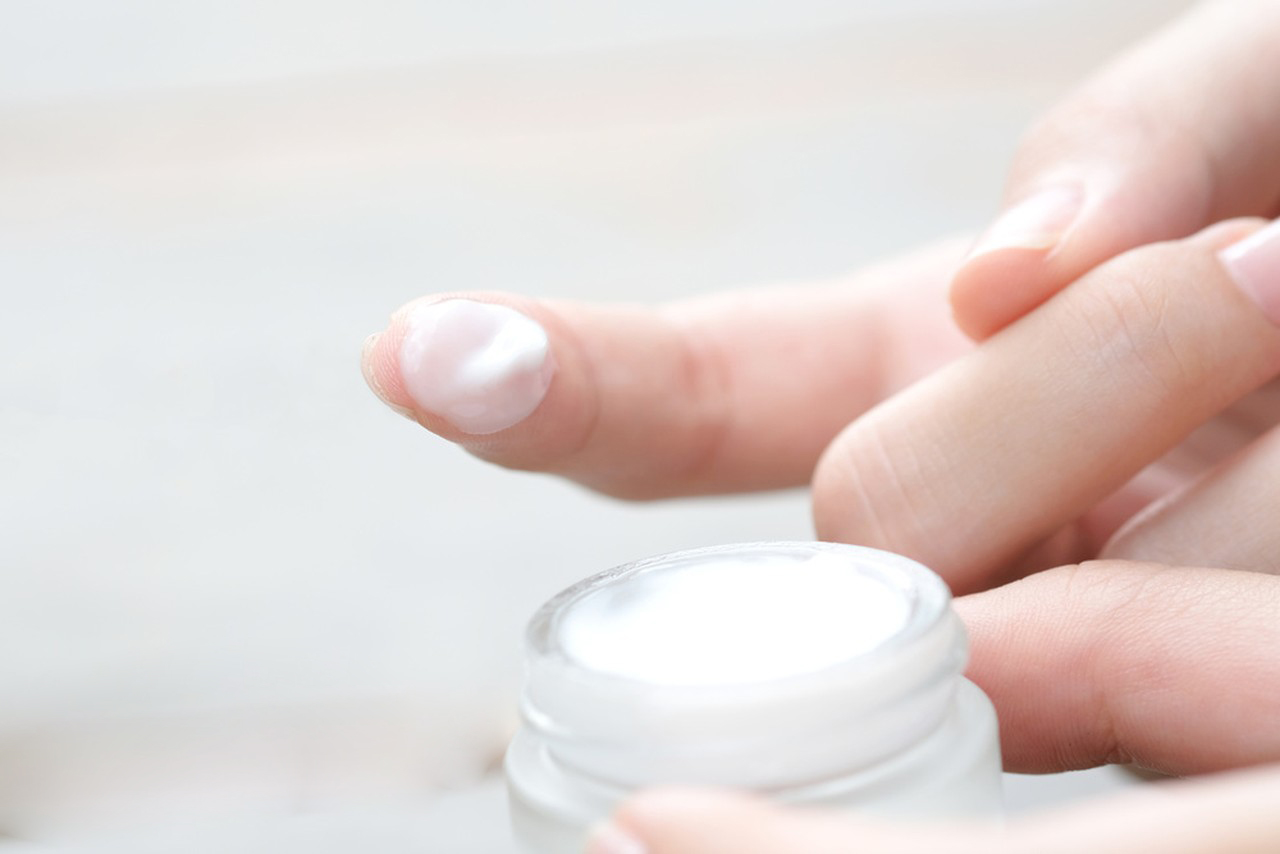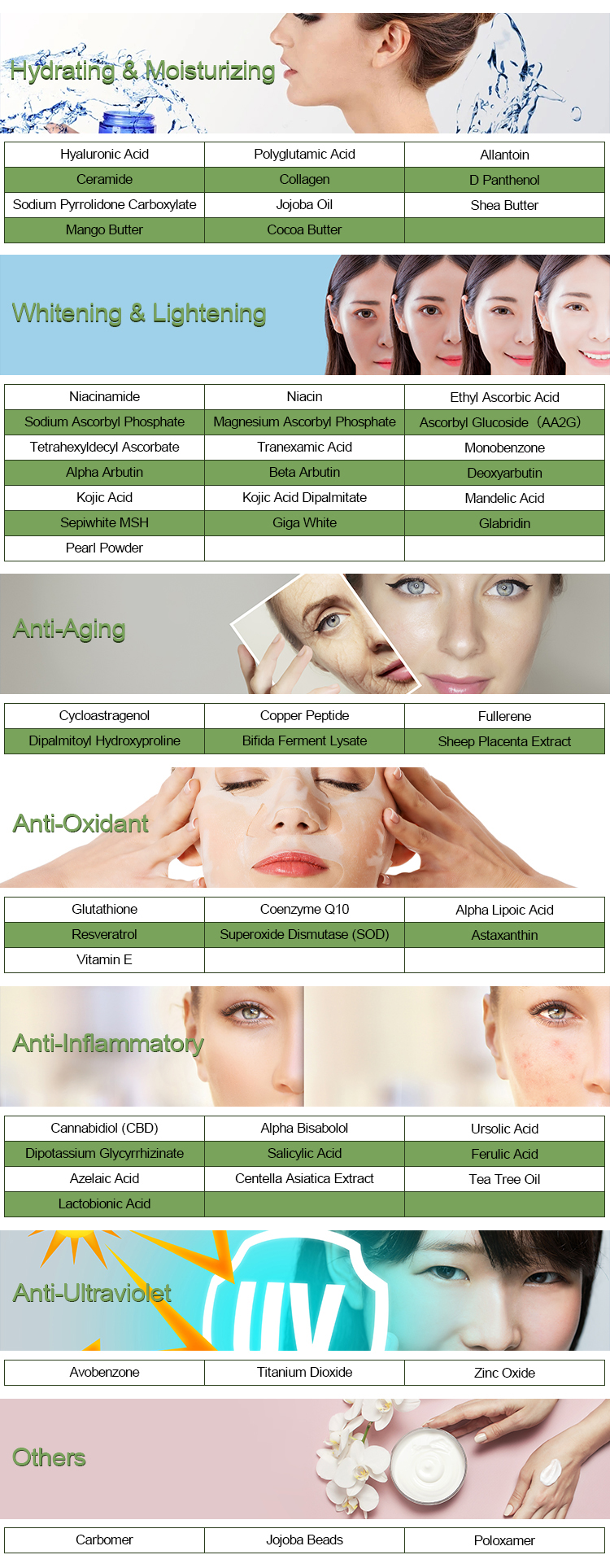Silk fibroin is a protein derived from silkworms and is known for its unique properties and various potential applications. Here are the pros and cons of silk fibroin:
Pros of Silk Fibroin:
Biocompatibility: Silk fibroin is biocompatible, which means it is generally well-tolerated by the human body and is often used in medical and cosmetic applications.
Biodegradability: Silk fibroin is biodegradable, making it an environmentally friendly material that breaks down naturally over time.

Strength and Durability: Silk fibroin is known for its exceptional tensile strength, making it a valuable material for various applications, including medical sutures, tissue engineering, and textile production.
Soft and Luxurious Texture: Silk fibroin has a soft and smooth texture, making it a preferred material for high-end clothing, lingerie, and bedding.
Moisture Retention: Silk fibroin can retain moisture, which is beneficial for skincare products, as it can help keep the skin hydrated.
Biomedical Applications: Silk fibroin is used in various biomedical applications, such as tissue engineering, drug delivery, and as a substrate for cell culture due to its biocompatibility and strength.
UV Protection: Silk fibroin has natural UV-protective properties, which makes it useful in clothing and cosmetics that offer sun protection.
Wound Healing: Silk fibroin-based dressings can promote wound healing due to its antimicrobial properties and ability to maintain a moist wound environment.
Cons of Silk Fibroin:
Cost: Silk fibroin is relatively expensive to produce compared to other materials, primarily because it is derived from silkworms and requires a labor-intensive process.
Allergenic Potential: Although silk is generally hypoallergenic, some individuals may still be allergic to it. This can lead to skin irritation or allergies in sensitive individuals.
Limited Supply: The production of silk fibroin is limited by the availability of silkworms, and there may be fluctuations in supply due to various factors such as weather conditions and market demand.
Environmental Impact: While silk is biodegradable, the production process can have environmental impacts, especially if not managed sustainably. Pesticides and water usage in silkworm farming can be problematic in some regions.

Processing Challenges: Extracting and processing silk fibroin can be challenging, requiring specialized equipment and knowledge.
Limited Heat Resistance: Silk fibroin is not as heat-resistant as some synthetic materials, so it may not be suitable for high-temperature applications.
In summary, silk fibroin has numerous advantages, such as its biocompatibility, strength, and luxurious feel, but it also comes with some limitations, including cost and potential allergenic reactions. Its unique properties make it valuable in various industries, but the cost and limited supply can be obstacles to its widespread use.
